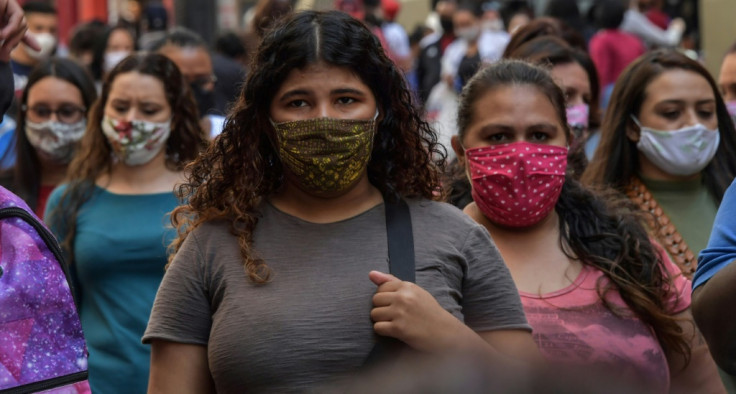Experts raise questions regarding herd immunity as cases in Brazil drop
Others postulate that the human immune system can possibly react differently during a live outbreak such as the 2019 novel coronavirus.
In a surprising turn of events, scientists are now wondering if what was previously understood about herd immunity might be inaccurate after all. Brazil has been one of the world's hardest-hit areas amid the COVID-19 pandemic, but it seems that recent reports could indicate a promising turnout. Research conducted in the city of Manaus reportedly saw a significant drop in hospitalisations although there were no drastic measures taken. Moreover, the results were taken after health official bumped up testing among residents.
Before the coronavirus outbreak, leading medical experts have pegged the likelihood of herd immunity only after 60 to 70 percent of the population have been infected and recovered. Vaccination can also aid in the process, but an effective jab for SARS-COV-2 is yet to be developed. A report from The Washington Post shows that the city in northwestern Brazil was last recorded at below 20 percent.
Despite the positive implications hinted at by this study, specialists suggest it is too early to declare that this was brought about by herd immunity. Instead, researchers claim that there are variables that need to be considered before any major announcements could be made. Others postulate that the human immune system can possibly react differently during a live outbreak such as the 2019 novel coronavirus.
It might be possible for the rate of infection to eventually slow to a crawl until the pathogen naturally wastes away. On the other hand, if sufficient evidence taken from multiple sample populations can be presented, it would change how the medical community perceives factors that lead to herd immunity. As long as collective immunity has been achieved, a resurgence is less likely to happen.
In fact, epidemiologists from Harvard believe that select areas in New York and London have already developed an immunity. Until sufficient data has been collected and a medical journal has peer-reviewed and published the findings, people are still encouraged to follow precautionary measures.

Meanwhile, a related report discusses a study conducted wherein blood samples taken from healthy individuals were intentionally exposed to the virus. To the surprise of researchers, some were able to completely fight back against the coronavirus even without prior exposure. Perhaps there might be a silver lining soon amid the health crisis.
© Copyright IBTimes 2025. All rights reserved.





















